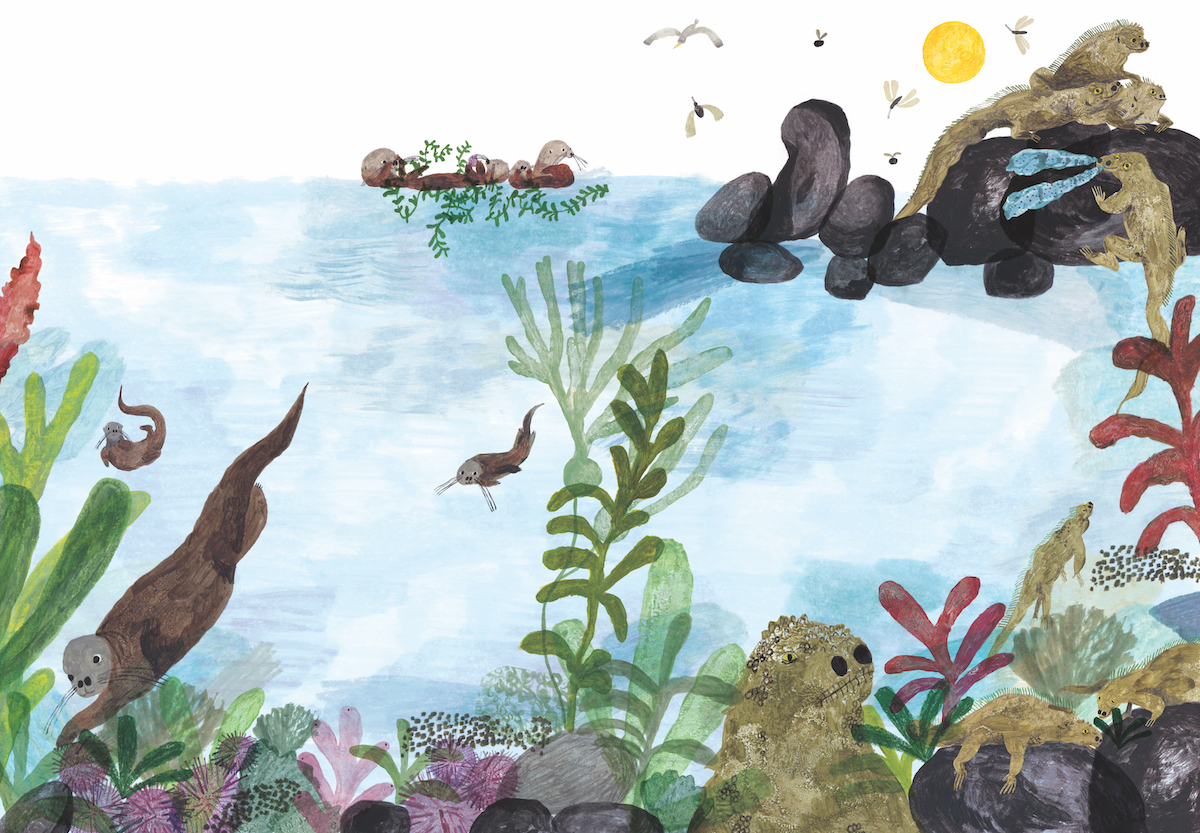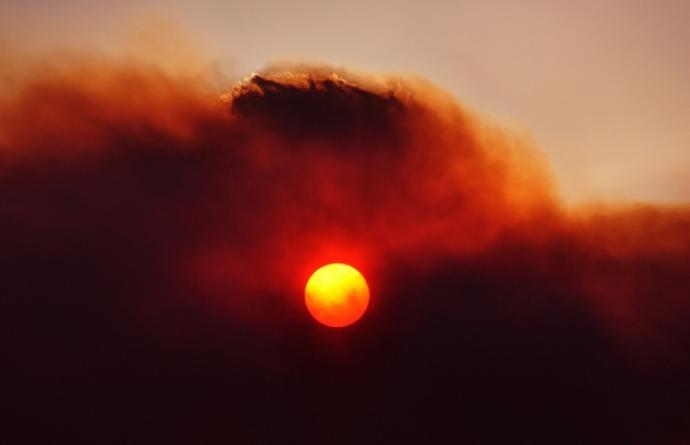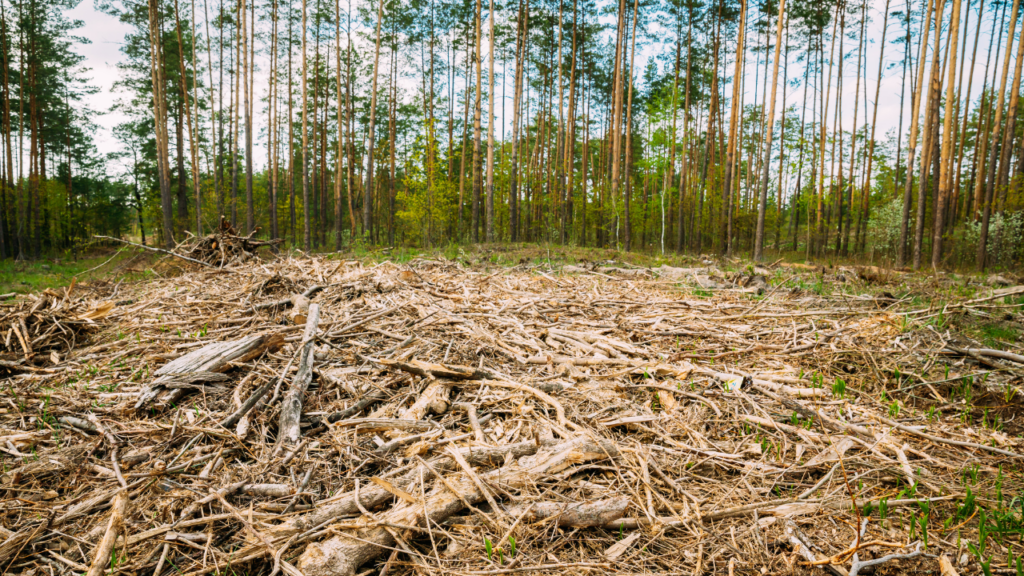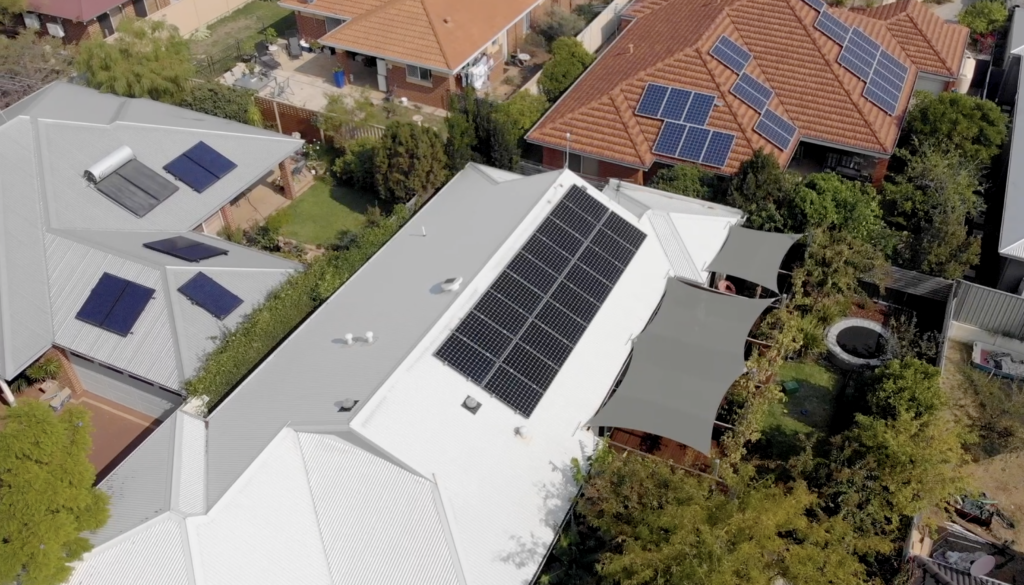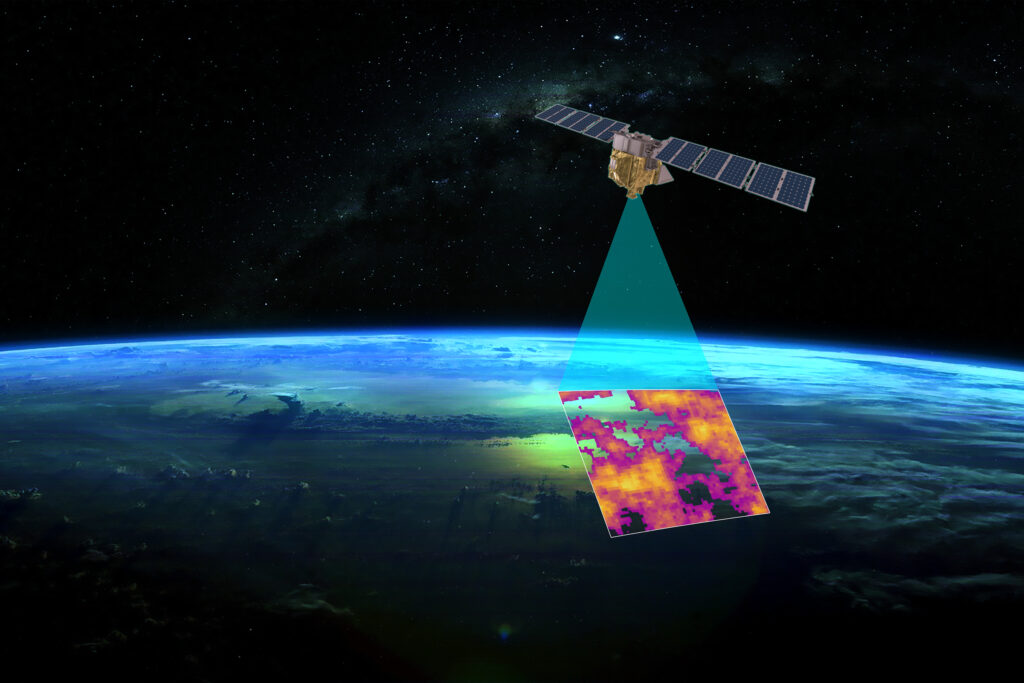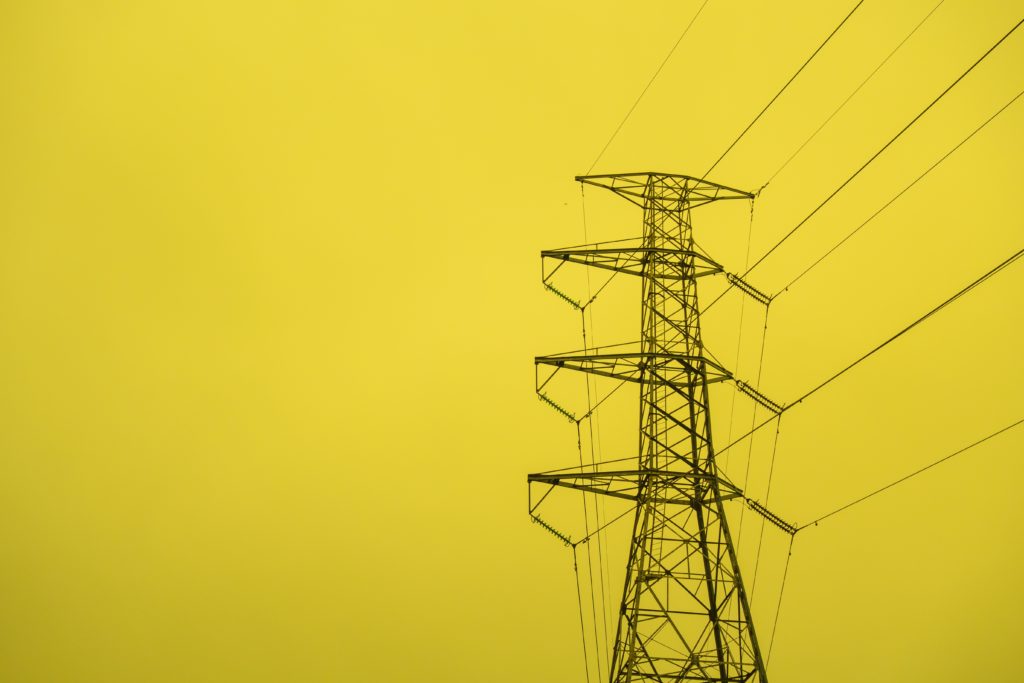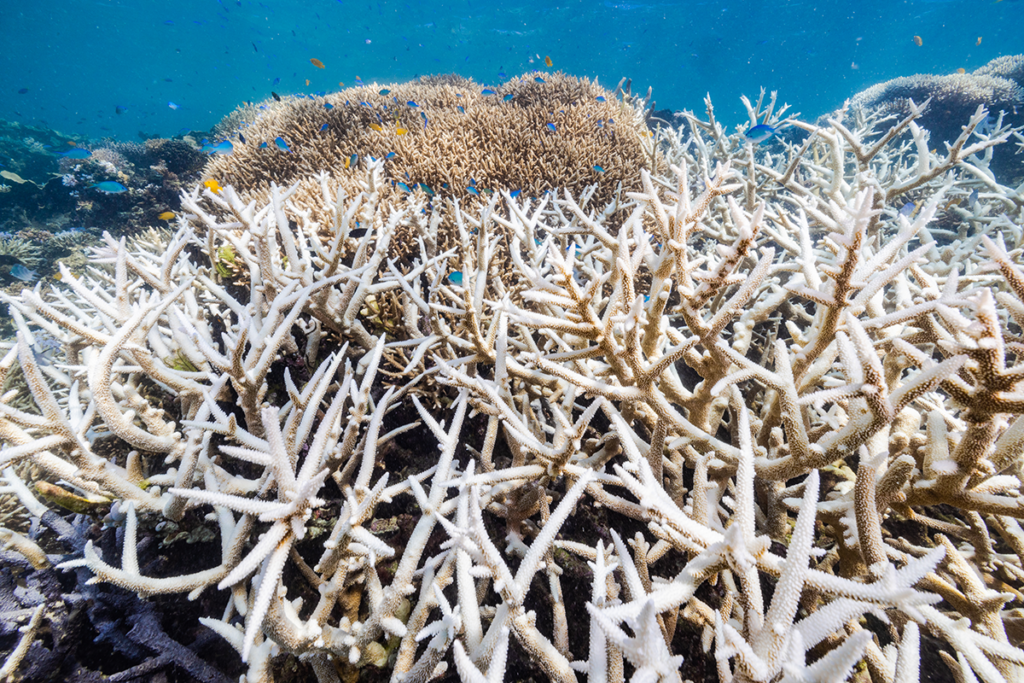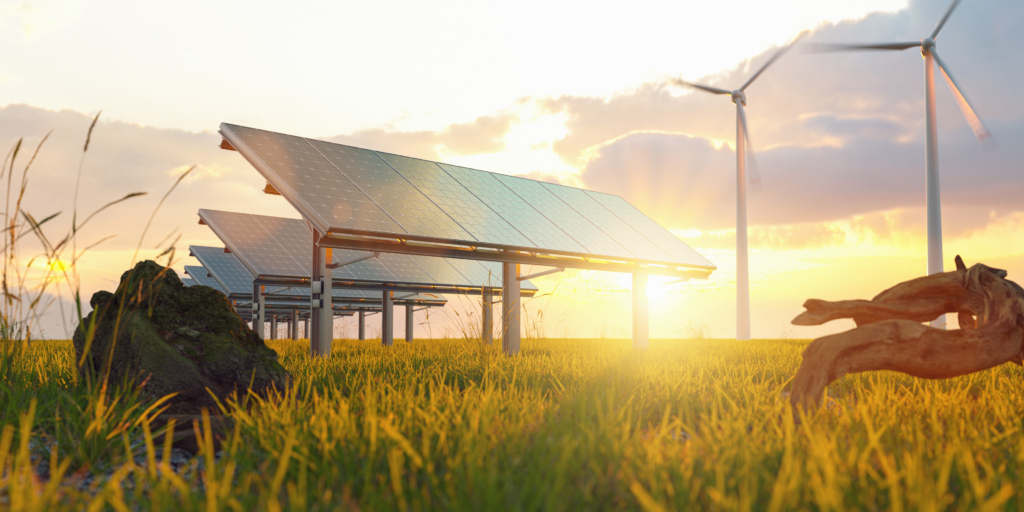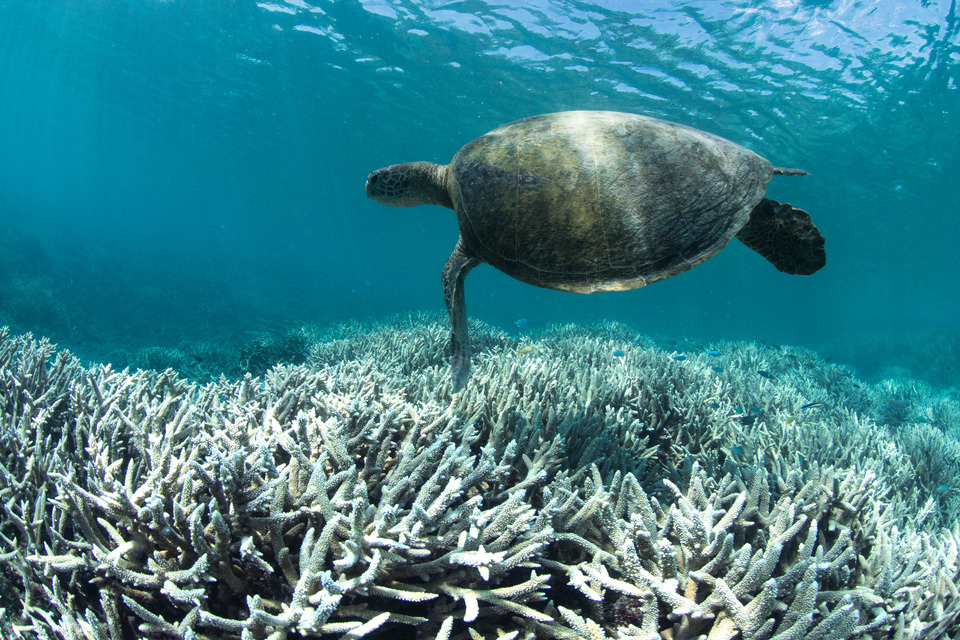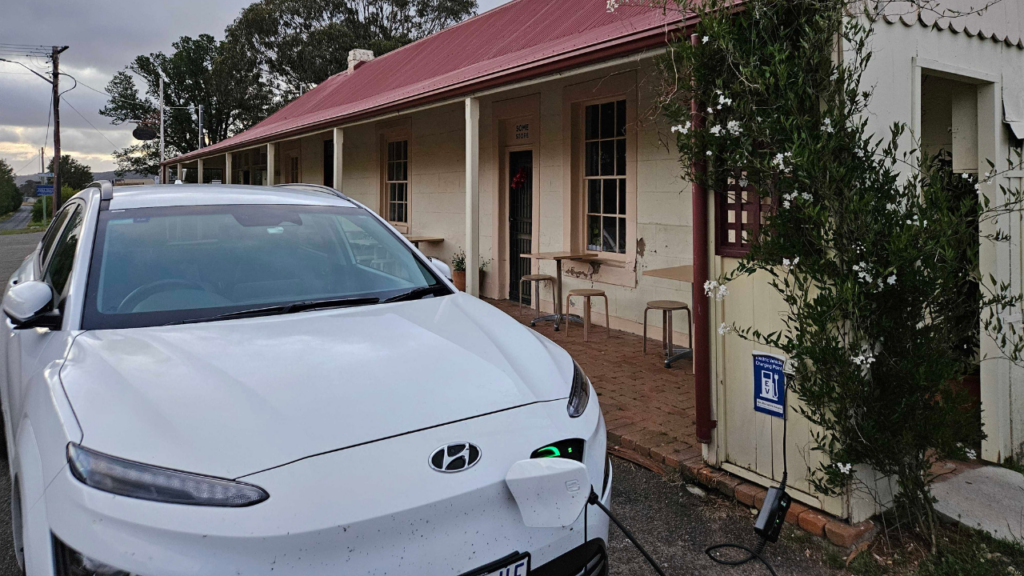by Mat Bate, author of ‘With A Little Kelp From Our Friends’
I’m a writer because I like stories and I like stories because they teach me how to be a good human and how to be good to nonhumans. This has something to do with stories being really good at facilitating intimate and vivid encounters with otherness. They enable a kind of telepathy that transcends humanness; many of the characters in our favourite stories aren’t human. Stories have always been a way to animate the world, to express Earthly aliveness. Through stories we share perspectives and in the process we de-centre our own narrative, perhaps get inside the mind of a dolphin or a violin or a piece of seaweed. If the problem with global warming is a broken human-centered narrative – a narrative that breaks – then true climate action comes down to sharing ecological stories. We need stories that heal, stories that are alive.
In this context, children’s books are particularly compelling because they’re made to be shared, often read aloud, and they allow for children and those reading, often parents, to get on the same page. In a way children’s books are for everyone that can read, grandparents included. This is why I think that instead of calling them books for children, we should call them books for little-big people. Little-big books enable a shared language that we can use to make sense of the world and to navigate topics like climate change that are hard to talk about. Little-big books instinctively involve a heavy dose of wonder, imagination, curiosity and if you ever find yourself reading to a little-big person you can’t help but turn up the dial on how you animate or enliven your voice. Little-big books are these magical places where it’s normal for the plants to talk, for the animals to be heard, for the clouds to whisper. In this way, little-big books are fascinatingly effective at cultivating ecological awareness.
A recorded reading of selected parts of ‘With A Little Kelp From Our Friends’, from the Climate Council and friends
On some level, good little-big books require a deep respect for children. They require that we honour different ways of seeing the world. They require us to be part of the story, to reengage with our inner child, to reimagine reciprocity, to embody what it means to be ecological. We’re in this pickle because we’re disconnected not because we don’t have enough information. Little-big books can do a lot for connection because they’re made to be read together. For children it’s easy to see a crab as a person, to see seaweed as a friend, to empathise with a fish. If part of our transition out of neoliberal extraction involves us seeing the world as less mechanistic and more alive, surely children could help.
Some things we can’t see are hard to talk about, but we can still feel them. We can still embrace them, listen to them, imagine them, talk to them. We can still nurture them, care for them, respect them and help them. They can still nurture us, care for us, respect us and help us. There is so much aliveness in this world and our future depends on us living that aliveness. Everyone has an inner child that’s whispering back to the clouds. Perhaps it’s time we listened to that little-big story.

